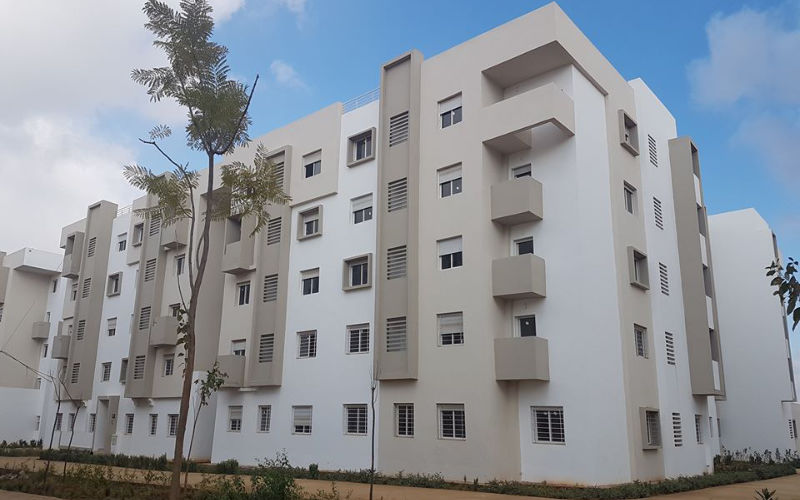Morocco Grapples with 1.1 Million Vacant Homes Amid Housing Crisis

Many vacant homes are recorded in Morocco. The government of Aziz Akhannouch is working to find a solution to this problem.
"For social, economic, fiscal and regulatory reasons, the number of unoccupied homes has increased significantly in Morocco," explained Mohamed Alaoui, a real estate expert, interviewed by the magazine Finances News Hebdo. According to figures provided by the High Commission for Planning, 1.1 million vacant homes are located in the kingdom, representing 16% of the national stock, of which 70% are in urban areas. However, the housing supply is decreasing and prices are soaring, whether for purchase or rental. According to Alaoui, better management of the national stock would have made it possible to increase the supply and stabilize prices, both for purchase and rental.
Several government teams have tried to solve this problem by introducing specific taxes on vacant homes, according to well-defined criteria. This measure, which is applied in many European cities, allows local authorities to collect additional tax revenue. "Morocco could draw inspiration from these experiences to revitalize the real estate market, which is struggling to regain its former dynamism," suggested the real estate expert. Morocco could, for example, follow in the footsteps of France, where a law was enacted in 1998 to "rebalance the supply and demand for housing".
This law applies to homes that have been vacant for at least two years in agglomerations of more than 200,000 inhabitants. Morocco, which has about ten cities exceeding this population threshold, most of which are experiencing a housing deficit, could introduce a tax on vacant homes, which could boost the real estate market while generating tax revenue for the state. A tax that could only be applied to vacant homes (unfurnished homes that do not show water or electricity consumption).
Related Articles
-

Blonde Tourist’s Nightmare: Harassment and Culture Shock in Morocco’s Streets
29 August 2025
-

Ryanair Slashes 1 Million Spanish Seats, Shifts Focus to Morocco and Italy Amid Airport Tax Hike
29 August 2025
-

Tangier’s Tourism Boom: Paradise Lost for Middle-Class Moroccans as Prices Soar
26 August 2025
-

Moroccan Milk Boycott Sours Danone’s Profits: How Social Media Activism Cost a Giant Millions
26 August 2025
-

Moroccan Blue Pearl Chefchaouen Ranks 30th Among World’s Most Beautiful Villages
25 August 2025